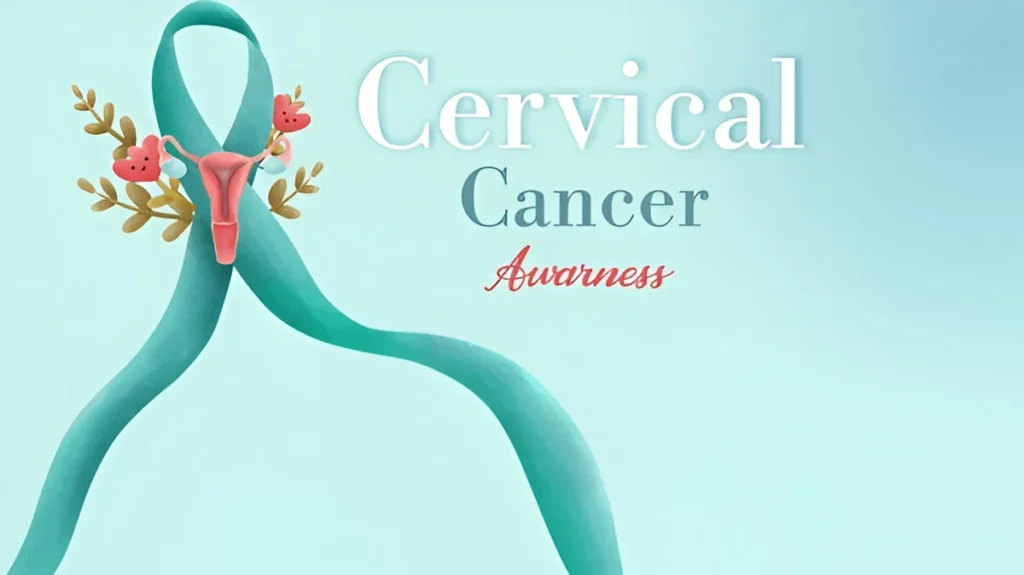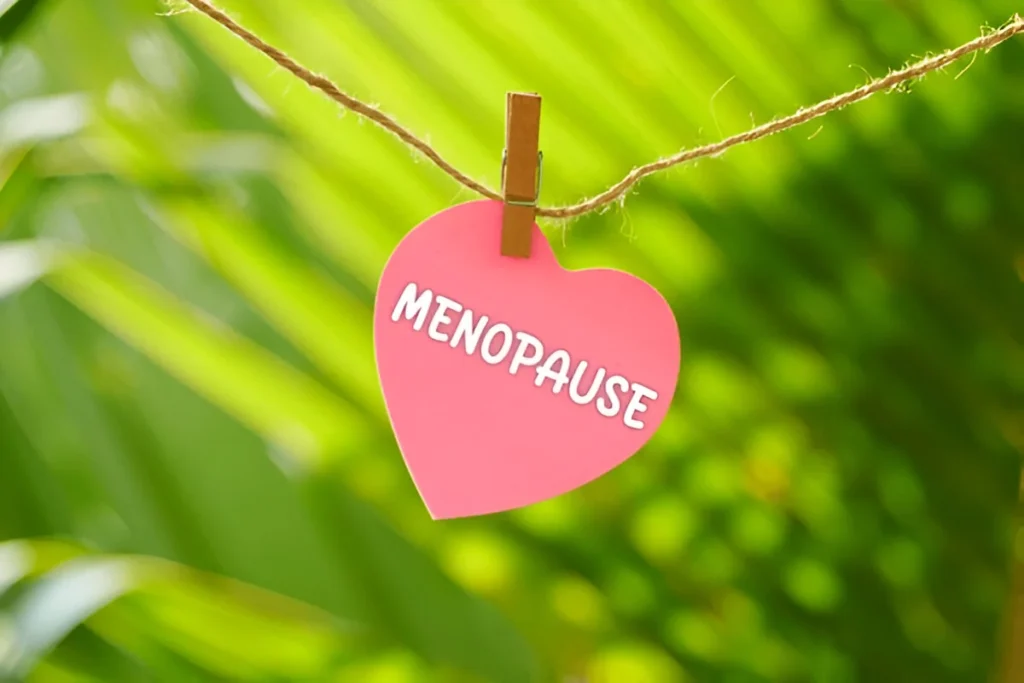-
Ganesh Talkies, Kolkata
Ganesh Talkies, Kolkata

Admins
19.08.2025
Why is early detection important in cervical cancer? Learn how timely screening and consultation with a reputed gynecologist can save lives. Understanding Cervical Cancer and Its Silent Nature Cervical cancer develops in the cells of the cervix—the lower part of the uterus that connects to the vagina. It is often caused by persistent infection with human papillomavirus (HPV), a common virus spread through intimate contact. What makes cervical cancer particularly dangerous is its silent progression. In its earliest stages, it rarely shows symptoms. Many women remain unaware until the condition has advanced, making treatment more complex. Understanding Cervical Cancer and Its Silent NatureWhy Early Detection MattersRecognizing Risk Factors for Cervical CancerCommon Symptoms Women Should Not IgnoreHow Screening WorksPap Smear TestHPV TestingColposcopy & BiopsyRole of Gynecologists in Early DetectionLifestyle and Preventive StepsFAQs About Cervical Cancer and Early DetectionCervical Cancer Doesn’t Have to Be Silent—Early Action Matters This is why early detection plays a life-saving role. With regular screenings, such as Pap smears and HPV tests, precancerous changes can be identified and treated before they develop into cancer. Why Early Detection Matters Detecting cervical cancer at an early stage offers several crucial benefits: Higher Treatment Success Rates – Early-stage cervical cancer responds better to treatment, with a significantly higher survival rate compared to later stages. Minimally Invasive Interventions – Precancerous changes can often be treated with simple outpatient procedures, reducing the need for aggressive treatments like chemotherapy or hysterectomy. Preservation of Fertility – For younger women, early intervention can help preserve fertility, offering them the chance to have children in the future. Reduced Healthcare Costs – Early treatment is often less expensive and less demanding on physical and emotional health compared to late-stage therapies. Improved Quality of Life – Women diagnosed early can maintain normal daily routines without prolonged treatment disruptions. Recognizing Risk Factors for Cervical Cancer Not all women face the same risk. Some common risk factors include: Persistent HPV infection Multiple sexual partners or early sexual activity Weakened immune system (e.g., HIV infection) Smoking and poor lifestyle habits Family history of cervical or related cancers Lack of regular screening and gynecological checkups Understanding these risk factors empowers women to be proactive about their health and encourages timely screenings. Common Symptoms Women Should Not Ignore Though early cervical tumor often shows no symptoms, advanced stages may present warning signs such as: Abnormal vaginal bleeding (between periods, after intercourse, or post-menopause) Unusual...

Admins
13.08.2025
Myths about menopause can lead to confusion and unnecessary worry. Learn the facts, guided by insights from a reputed gynecologist. Menopause is a natural life stage every woman experiences, yet it is often surrounded by misunderstandings, outdated beliefs, and cultural taboos. These myths not only create unnecessary anxiety but also prevent women from taking the right steps toward their health and well-being. By separating fact from fiction, women can approach menopause with confidence, clarity, and the right medical guidance. Understanding MenopauseCommon Myths About Menopause You Should Stop Believing1. Menopause Happens Suddenly2. Menopause Means the End of Femininity3. Weight Gain Is Inevitable4. Hormone Replacement Therapy (HRT) Is Always Dangerous5. Menopause Kills Your Sex LifeWhy Debunking These Myths MattersManaging Menopause the Healthy WayPractical Steps for a Smooth Menopause Transition:How a Professional Gynecologist Can HelpFAQs on MenopauseEmbracing Menopause with Facts, Confidence, and Better Health Understanding Menopause Menopause marks the end of a woman’s menstrual cycles and is diagnosed after 12 consecutive months without a period. It typically occurs between ages 45 and 55, although the timing can vary. It’s not a disease or an abrupt stop to life’s vitality — it’s simply a new hormonal phase that affects the body in various ways. Common Myths About Menopause You Should Stop Believing Let’s address some of the most persistent myths about menopause and replace them with accurate, science-backed information. 1. Menopause Happens Suddenly Many believe menopause is an overnight event — one day you have your period, and the next, it’s over. In reality, menopause is a gradual process. The truth: Most women go through perimenopause, a transitional period lasting several years before menopause, marked by irregular cycles, hot flashes, and mood changes. Understanding this transition helps in better symptom management. 2. Menopause Means the End of Femininity Cultural stereotypes often portray menopausal women as “past their prime.” The truth: Menopause does not diminish a woman’s worth, beauty, or vibrancy. Many women find renewed confidence and freedom in this stage of life, focusing more on personal goals and self-care. 3. Weight Gain Is Inevitable While hormonal changes can make weight management challenging, it’s not inevitable that you’ll gain extra pounds. The truth: Lifestyle choices, physical activity, and nutrition play a more significant role in weight control than menopause alone. Regular exercise, strength training, and balanced meals can help maintain a healthy weight. 4. Hormone Replacement Therapy (HRT) Is Always Dangerous Stories about HRT causing...

Admins
11.08.2025
Reduce menstrual cramps with safe, natural methods that improve comfort, backed by expert gynecological advice for long-term wellness. Menstrual cramps are a common experience for many women, yet their severity varies widely. While medications can help, not everyone wants to rely on them each month. The good news is that natural methods, backed by science and expert recommendations, can ease discomfort and improve overall menstrual health. Understanding Menstrual CrampsNatural Methods to Reduce Menstrual Cramps1. Apply Heat Therapy2. Practice Gentle Exercise3. Adjust Your Diet4. Herbal and Natural Remedies5. Practice Stress Management6. Massage and Acupressure7. Track Your Menstrual CycleReduce Menstrual Cramps Naturally With These Lifestyle ChangesWhen to Seek Expert GuidanceFrequently Asked QuestionsExpert Insights for Long-Term ReliefManaging Menstrual Cramps Naturally for Better Vaginal Health Drawing from the experience of leading women’s health specialists this guide explores practical, safe, and effective ways to manage cramps without popping a pill. Understanding Menstrual Cramps Before exploring solutions, it’s important to understand what causes menstrual cramps. The uterus contracts to shed its lining during menstruation. These contractions are triggered by hormone-like substances called prostaglandins. Higher levels of prostaglandins lead to stronger contractions, reduced blood flow to the uterine muscle, and more pain. Natural Methods to Reduce Menstrual Cramps Here are practical, non-medicated methods that many women find effective: 1. Apply Heat Therapy Heat relaxes the contracting muscles of the uterus, increasing blood flow and reducing tension. You can use: A hot water bottle on your lower abdomen A heating pad for consistent warmth Warm baths to soothe overall body tension 2. Practice Gentle Exercise It might sound counterintuitive, but movement can help. Exercise increases blood flow and releases endorphins, which are natural painkillers. Try: Walking or light jogging Yoga poses like Child’s Pose, Cat-Cow, or Supine Twist Low-impact cardio such as cycling or swimming 3. Adjust Your Diet Food plays a role in inflammation and hormone regulation. Consider: Increasing omega-3 fatty acids (found in flaxseeds, walnuts, salmon) Reducing processed and fried foods Eating magnesium-rich foods like bananas, spinach, and almonds Staying hydrated to prevent bloating and muscle tension 4. Herbal and Natural Remedies Some herbs are known for their anti-inflammatory and muscle-relaxant properties. Examples include: Ginger tea for reducing inflammation Chamomile tea to relax the muscles Cinnamon to regulate blood sugar and reduce inflammation 5. Practice Stress Management Stress can make cramps worse by increasing cortisol and hormonal imbalances. Incorporate: Deep breathing exercises Meditation or mindfulness practices...

Admins
04.08.2025
Take care of vaginal health with expert gynecologist-approved daily habits that promote balance, comfort, and long-term wellness. Learn safe, evidence-based tips. Vaginal health is a vital, yet often overlooked, aspect of overall well-being for women of all ages. A healthy vaginal ecosystem doesn’t just prevent infections—it contributes to comfort, confidence, sexual wellness, and even fertility. While it's natural for the vagina to have its own self-cleaning mechanism, daily habits, lifestyle choices, and hygiene routines can significantly influence its health. Why Vaginal Health MattersDaily Habits That Support Vaginal Health1. Wear Breathable Underwear2. Practice Gentle Hygiene3. Wipe Front to Back4. Stay Hydrated5. Use Protection During Intercourse6. Mind Your Menstrual Hygiene7. Eat for Vaginal HealthHow to Take Care of Vaginal Health Naturally and HolisticallyHerbal Teas and SupplementsRegular Physical ActivityStress ManagementFAQs on Vaginal HealthLasting Vaginal Health Begins with You In this article, you’ll discover science-backed, practical tips on how to take care of vaginal health every day. Whether you're in your twenties or approaching menopause, a little awareness goes a long way. Why Vaginal Health Matters The vagina is a delicate environment with a finely tuned balance of bacteria, pH levels, and natural secretions. When this balance is disrupted—by poor hygiene, over-cleansing, infections, or hormonal changes—it can lead to discomfort, odor, dryness, itching, or more serious issues like bacterial vaginosis and yeast infections. Maintaining optimal vaginal health isn’t about using expensive products—it’s about simplicity, consistency, and trusting your body. Daily Habits That Support Vaginal Health Let’s explore safe, easy-to-follow routines that help you feel fresh, healthy, and confident—without disrupting your natural balance. 1. Wear Breathable Underwear Choose cotton over synthetic fabrics. Avoid wearing tight, non-breathable garments for extended periods. Change out of sweaty clothes, like gym wear or swimsuits, as soon as possible. 2. Practice Gentle Hygiene Use warm water to cleanse the vulva (outer area); avoid washing the vaginal canal. Skip scented soaps, douches, or intimate washes unless prescribed. Pat dry after washing—moist environments encourage bacterial overgrowth. 3. Wipe Front to Back This simple habit prevents the transfer of harmful bacteria from the anus to the vaginal area, which could otherwise lead to infections like UTIs or vaginal inflammation. 4. Stay Hydrated Water helps maintain the body’s natural lubrication and flush out toxins. Dehydration can lead to vaginal dryness, especially during hormonal shifts like menstruation or menopause. 5. Use Protection During Intercourse Condoms not only prevent STIs but also help avoid pH imbalance...